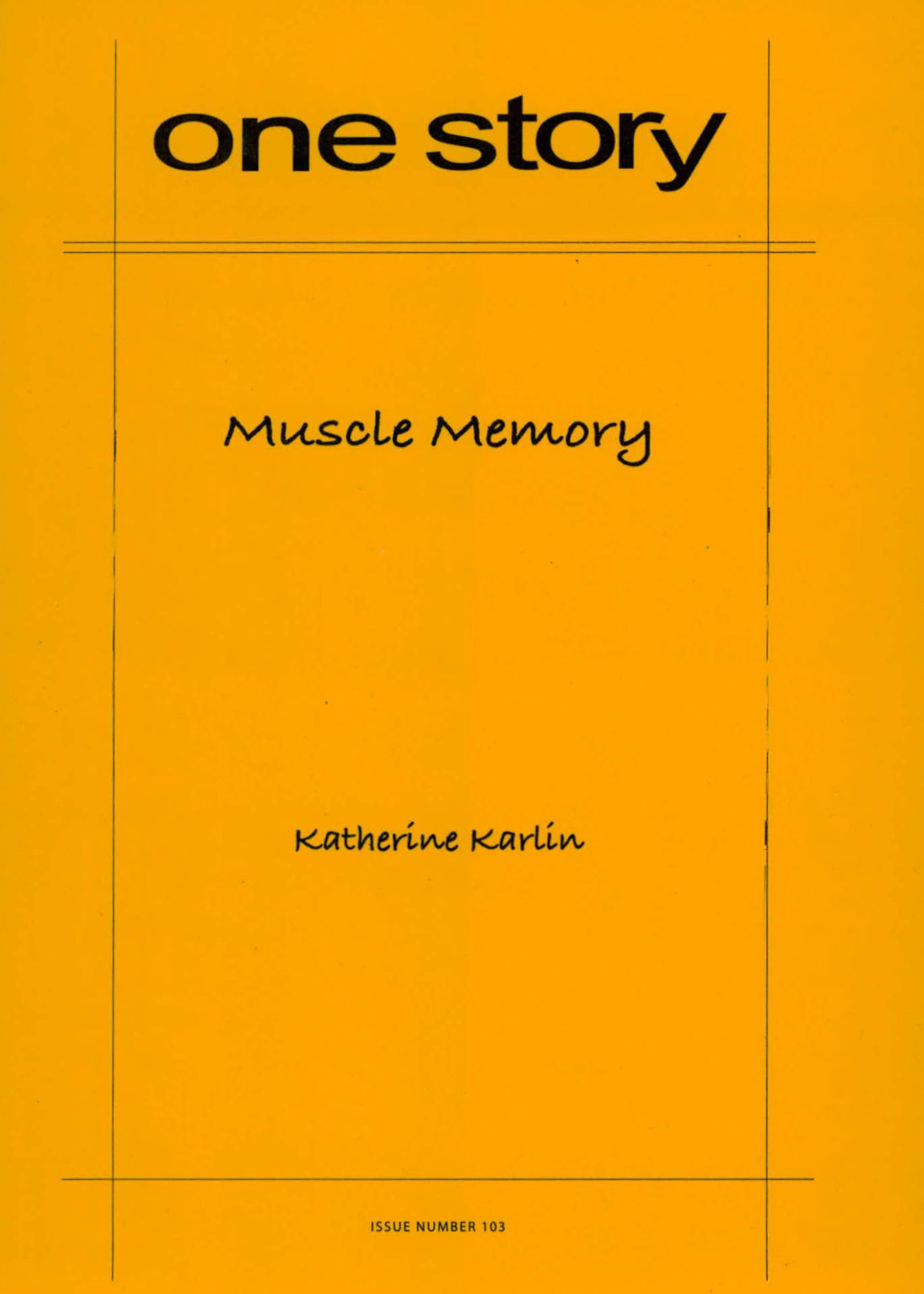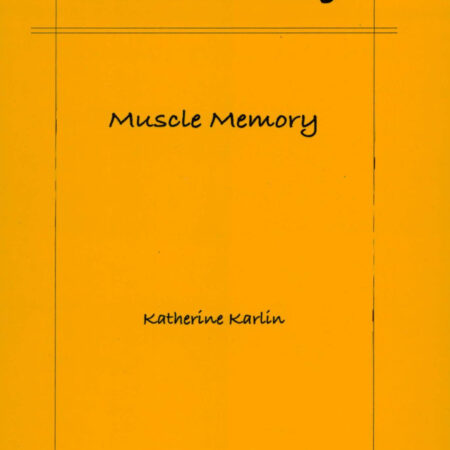
Muscle Memory
$2.50
56 in stock
Excerpt
If Destiny had three wishes to make, the third would be that she could learn to weld. The first two, which involved her father coming back to life and things returning to the way they used to be, would never come true, but learning to weld was a possibility. She just had to get off her ass and decide to do it.
Her father had been a welder, up to a couple of years ago when he died. Drowned. But once upon a time he used to come home from work earlier than the other daddies, the bill of his cap still turned backward, his skin smelling of hot metal and acetylene, his forearms covered with white scars like splattered paint. At night he would sit in the kitchen with his buddies from the shipyard and play dominoes, slapping tiles on the table and talking trash. As she did her homework in the rear room she could hear their voices bubbling with music. Her mother, who was a nurse at Charity, didn’t have the energy or the spirit to invite her friends to the house. It was all she could do to come home and soothe her feet in a salt bath.
Katherine Karlin
Katherine Karlin’s short stories have appeared or are forthcoming in ZYZZYVA, Alaska Quarterly Review, North American Review, Other Voices, the 2007 Pushcart Prize Anthology, and elsewhere. She is studying in the PhD program for literature and creative writing at the University of Southern California.
Q&A by Hannah Tinti
- HT: Where did the idea for this story come from?
- KK: Several years ago I lived in New Orleans and, like Destiny, I worked in a tool crib at a shipyard across the river, in Jefferson Parish. During my lunch breaks I tried to learn how to weld with some help from the men in the yard. I wasn’t very good at it, but since then I’ve wanted to write about the frustration I experienced while I was waiting for that breakthrough moment. It has to do with your brain burning new neural pathways—muscle memory.
- HT: What was the most challenging aspect of writing this story?
- KK: The ending. The ending is always the most challenging part for me—hitting the right notes. Fortunately I got a lot of great advice from the One Story editors.
- HT: You keep mentions of Katrina at a minimum, but it still serves as a powerful stage for Destiny’s story. What, if any, message did you want to convey by setting your story in Post Katrina?
- KK: Actually, I first set the story in New Orleans as I knew it, when I lived there. But I increasingly felt that to write about New Orleans before Katrina was to indulge in nostalgia. I didn’t want the story to feel quaint. Of course, as I wrote the story I came to realize how completely Katrina dominates the context.
- HT: Were there specific challenges writing a story set in a place that has of late experienced so much political and environmental strife? Were there elements you absolutely wanted to avoid? Were there elements you absolutely wanted to include?
- KK: What I wanted to avoid were the images that the media perpetuated after the flood. If you didn’t know better, you’d think that New Orleans was a city of unemployed, drunken, morbidly obese, gun-toting gangsters. I preferred to populate the story with characters like the people I used to know—hard-working and a little eccentric.
- HT: Destiny’s journey to become a welder is a powerful inspiration for any woman who is trying to make it in a man’s world. Was it at all your intent to create a modern day, idiosyncratic heroine?
- KK: I find myself writing about characters I admire, and I see a lot to admire in Destiny. I wish I were like her.
- HT: Augustine Beaudry is a fascinating character. What made you combine welding and music in him this way?
- KK: Some coworkers of mine had made records, although none as successfully as Augustine Beaudry. But sometimes you’ll come across a magazine article or an obituary about a one-hit wonder who ended his days, or her days, working anonymously in a factory or a restaurant. I am curious about how they learned to adjust their expectations. It seems like a grand-scale version of a universal condition.
- HT: Another lovely element of “Muscle Memory” is the bridge between old and new: manifesting in Augustine’s desire to have Destiny know the roots of her region’s music. Why was it important to you to have this in the story?
- KK: It’s interesting: we’re seeing in New Orleans a total reconstruction of a great city with a very rich history. Will it still be like New Orleans? Or will it be like Vegas? I guess we have to wait and see.
- HT: How long did it take you to complete this story?
- KK: First draft: two weeks. Revisions: months.
- HT: What is the best bit of advice about writing you have ever received?
- KK: Write every day.
- HT: What are you working on now?
- KK: I am writing a novel spanning the decades from the 1930s to the 1970s, about four women who obtain their FBI files. And I am working on my PhD dissertation, which is on literary representations of women’s working lives.
